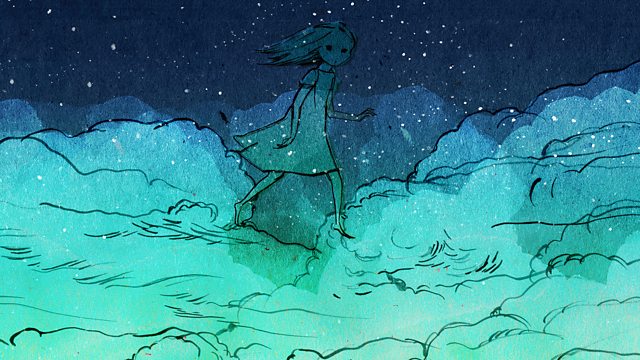Dreams
Aleks Krotoski discovers why people want to control their dreams, and how technology can influence our sleeping subconscious.
Dreams have fascinated people since the dawn of humanity, seen as prophetic, used by the ancient Greeks to diagnose illness before physical symptoms appeared, and inspiring some of the world’s greatest inventions and works of art.
But dreams have a darker side. Often we meet our internalised anxieties in our sleeping subconscious. During the Pandemic there was a surge of people reporting having more dreams, especially vivid, nightmarish visions - facing down swarms of insects, swept away by title waves, or being overwhelmed and oppressed by unstoppable forces. At the same time, there was a spike in online searches for ways to induce lucid dreaming, and how to take control of dreams.
Aleks Krotoski explores why we have this urge to take control of our dreams, how technology can influence us in our sleep, and finds out if it’s wise to really try to take control, when we’re still figuring out the purpose and mechanics of dreams and don’t yet know the consequences of tinkering with them.
Last on
More episodes
Previous
Next
Dr. Deirdre Barret
She tells us about her recent work, collecting dreams across the globe during the pandemic, and how what we saw in our dreams was different from anything she had seen in her research before.
Professor Mark Blagrove
He tells us about how to find dreams in the mind, and explains one of his most recent projects - where front line workers and medical staff shared their dreams with a global online audience.
Adam Harr
He tells us about the Dormio project, which can incubate certain images or ideas into our dreams to augment human creativity, and explains how dream manipulation may already be crossing from laboratories into the wider world via advertising.
Professor Tore Nielsen
He tells us of an experiment conducted in his lab, where VR was shown to influence participants' dreams.
Alice Robb
is a science writer and author of ‘Why We Dream. The Science, Creativity and Transformative Power of Dreams’.
She tells us why science has only gotten round to serious studies of dreams relatively recently, but that in the past, cultures have had far more respect for them.
Broadcast
- Mon 22 Mar 2021 16:30������̳ Radio 4
Podcast
-
![]()
The Digital Human
Aleks Krotoski explores the digital world


